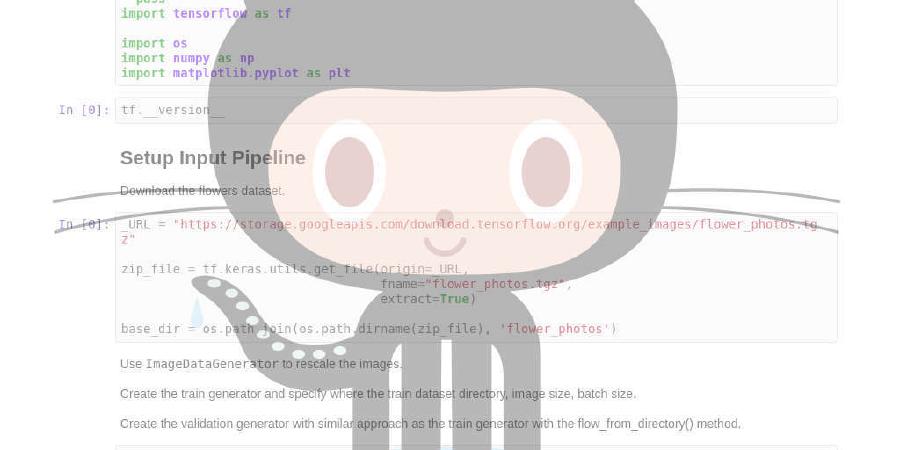PeterWang512/CNNDetection

Code for the paper: CNN-generated images are surprisingly easy to spot… for now https://peterwang512.github.io/CNNDetection/
| repo name | PeterWang512/CNNDetection |
| repo link | https://github.com/PeterWang512/CNNDetection |
| homepage | |
| language | Python |
| size (curr.) | 6507 kB |
| stars (curr.) | 343 |
| created | 2019-12-23 |
| license | Other |
Detecting CNN-Generated Images [Project Page]
CNN-generated images are surprisingly easy to spot…for now
Sheng-Yu Wang, Oliver Wang, Richard Zhang, Andrew Owens, Alexei A. Efros.
To appear in CVPR, 2020.
(1) Setup
Install packages
- Install PyTorch (pytorch.org)
pip install -r requirements.txt
Download model weights
- Run
bash weights/download_weights.sh
(2) Quick start
# Model weights need to be downloaded.
python demo.py examples/real.png weights/blur_jpg_prob0.1.pth
python demo.py examples/fake.png weights/blur_jpg_prob0.1.pth
demo.py simply runs the model on a single image, and outputs the uncalibrated prediction.
(3) Dataset
The testset evaluated in the paper can be downloaded here.
The zip file contains images from 13 CNN-based synthesis algorithms, including the 12 testsets from the paper and images downloaded from whichfaceisreal.com. Images from each algorithm are stored in a separate folder. In each category, real images are in the 0_real folder, and synthetic images are in the 1_fake folder.
Note: ProGAN, StyleGAN, StyleGAN2, CycleGAN testset contains multiple classes, which are stored in separate subdirectories.
A script for downloading the testset is as follows:
# Download the dataset
cd dataset
bash download_testset.sh
cd ..
(4) Evaluation
After the testset and the model weights are downloaded, one can evaluate the models by running:
# Run evaluation script. Model weights need to be downloaded.
python eval.py
Besides print-outs, the results will also be stored in a csv file in the results folder. Configurations such as the path of the dataset, model weight are in eval_config.py, and one can modify the evaluation by changing the configurations. The following are the models' performances on the released set:
[Blur+JPEG(0.1)]
| Testset | Accuracy | AP |
|---|---|---|
| ProGAN | 100.0% | 100.0% |
| StyleGAN | 87.1% | 99.6% |
| BigGAN | 70.2% | 84.5% |
| CycleGAN | 85.2% | 93.5% |
| StarGAN | 91.7% | 98.2% |
| GauGAN | 78.9% | 89.5% |
| CRN | 86.3% | 98.2% |
| IMLE | 86.2% | 98.4% |
| SITD | 90.3% | 97.2% |
| SAN | 50.5% | 70.5% |
| Deepfake | 53.5% | 89.0% |
| StyleGAN2 | 84.4% | 99.1% |
| Whichfaceisreal | 83.6% | 93.2% |
[Blur+JPEG(0.5)]
| Testset | Accuracy | AP |
|---|---|---|
| ProGAN | 100.0% | 100.0% |
| StyleGAN | 73.4% | 98.5% |
| BigGAN | 59.0% | 88.2% |
| CycleGAN | 80.8% | 96.8% |
| StarGAN | 81.0% | 95.4% |
| GauGAN | 79.3% | 98.1% |
| CRN | 87.6% | 98.9% |
| IMLE | 94.1% | 99.5% |
| SITD | 78.3% | 92.7% |
| SAN | 50.0% | 63.9% |
| Deepfake | 51.1% | 66.3% |
| StyleGAN2 | 68.4% | 98.0% |
| Whichfaceisreal | 63.9% | 88.8% |
(A) Acknowledgments
This repository borrows partially from the pytorch-CycleGAN-and-pix2pix, and the PyTorch torchvision models repositories.
(B) Citation, Contact
If you find this useful for your research, please consider citing this bibtex. Please contact Sheng-Yu Wang <sheng-yu_wang at berkeley dot edu> with any comments or feedback.



